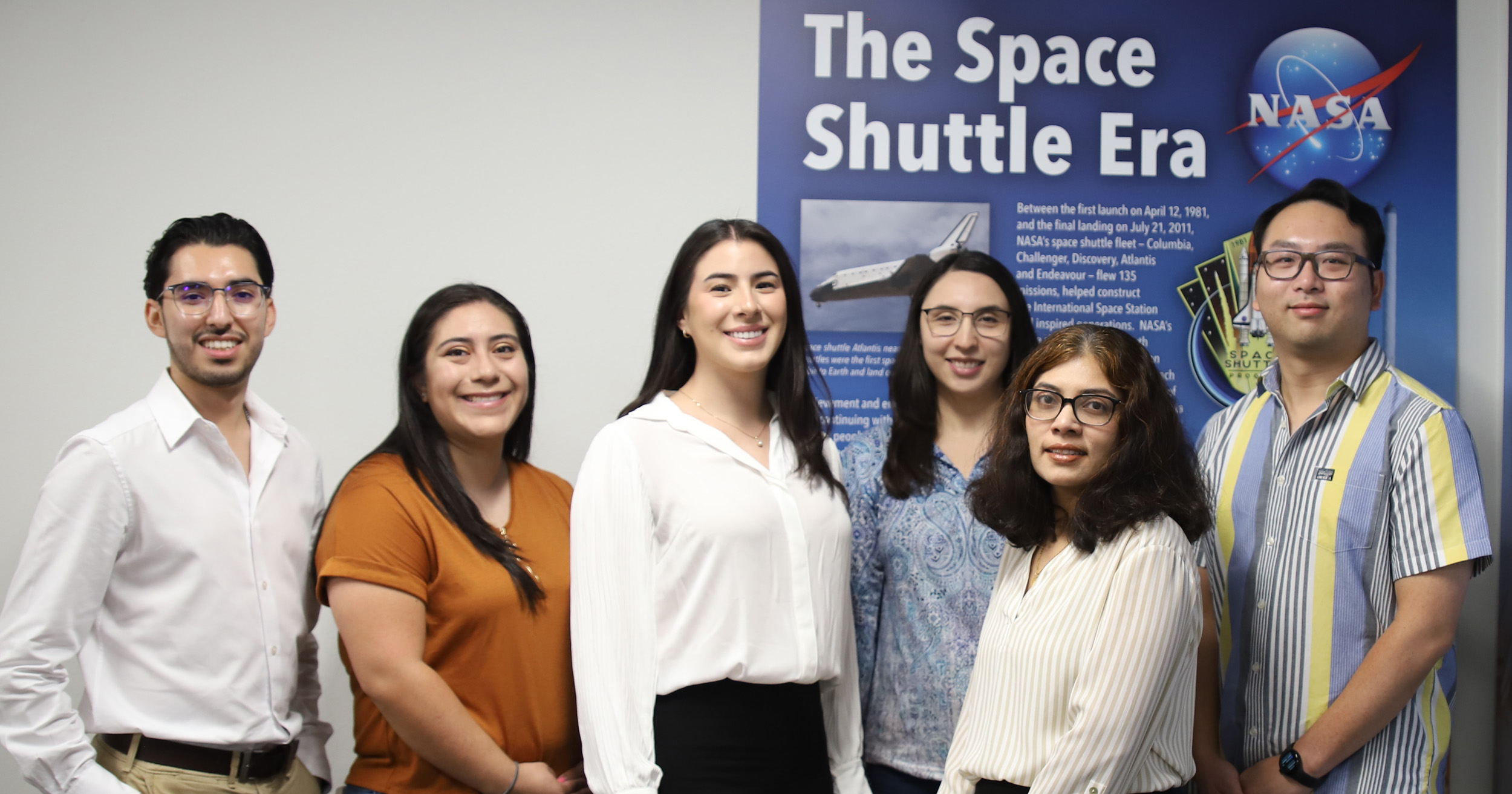
MinerAlert

MinerAlert

In a significant development that will advance space health research and technology, NASA has awarded a substantial grant to the Minority-Serving Institutions (MSIs) through the Minority University Research and Education Project (MUREP). The grant, amounting to nearly $900,000, aims to enhance research and technology capabilities at MSIs while fostering collaboration between these institutions and NASA on pioneering research projects. Among the recipients of this prestigious grant is Dr. Sylvia Natividad-Diaz from the College of Engineering at The University of Texas at El Paso.
Dr. Sylvia Natividad-Diaz, Assistant Professor in the Metallurgical, Materials and Biomedical Engineering (MMBME) Department, serves as the Principal Investigator for this grant, leading a team of dedicated scientists and researchers. Joining her as Co-Principal Investigators are Dr. Binata Joddar, Associate Professor and Dr. Wilson Poon, Assistant Professor, also from UTEP's MMBME department.
As this visionary project begins, Dr. Kenith Meissner, Dean of the College of Engineering, offered his perspective on the significance of this grant. "This NASA grant is a testament to the exceptional talent and dedication of our faculty, researchers, and students at the College of Engineering. It highlights the crucial role UTEP plays in advancing cutting-edge research that has a tangible impact not only on space exploration but on the broader fields in science and technology."
The primary focus of this grant is to develop a cutting-edge Human 3D Microfluidic Cardiovascular Tissue Model capable of simulating the effects of various environmental stressors experienced by astronauts during space missions. These stressors include radiation exposure and the challenges of weightlessness. The research also involves the evaluation of medical nanotechnologies to enhance the health and performance of NASA astronauts during deep space missions.
"The project objectives are ambitious and have far-reaching implications for space health research," said Dr. Natividad-Diaz. "We aim to develop and validate a 3D Human Cardiac Tissue Platform derived from human induced pluripotent stem cells (iPSCs), incorporating capillary-circuit microfluidic devices and advanced bio-fabrication techniques. This platform will help us understand the pathophysiological mechanisms of cardiovascular health risks in space and investigate potential mitigation strategies."
The UTEP team will collaborate with NASA researchers and MUREP representatives during the remainder of 2023 to undergo training sessions that will better prepare them for future NASA opportunities. These sessions will focus on fostering collaboration, enhancing technical skills, and gaining insights into NASA's research priorities.
The NASA grant promises to significantly contribute to our understanding of the cardiovascular health risks faced by astronauts during deep space missions and pave the way for innovative intervention strategies that could enhance the well-being and performance of future space explorers. Dr. Quinones, Chair of MMBME, was delighted that “Dr. Natividad-Diaz will mentor and train a student team to both fabricate a 3D Cardiovascular Tissue model with 3D stereolithography printing and simulate deep space environment using a rotational bioreactor to simulate microgravity”.
The collaborative efforts between NASA and Minority-Serving Institutions exemplify the agency's commitment to diversity and inclusion in space research and technology development. This partnership not only empowers underrepresented institutions but also fuels groundbreaking research with far-reaching implications for space exploration and human health.
For more information, please contact: https://www.utep.edu/engineering/mmbme/